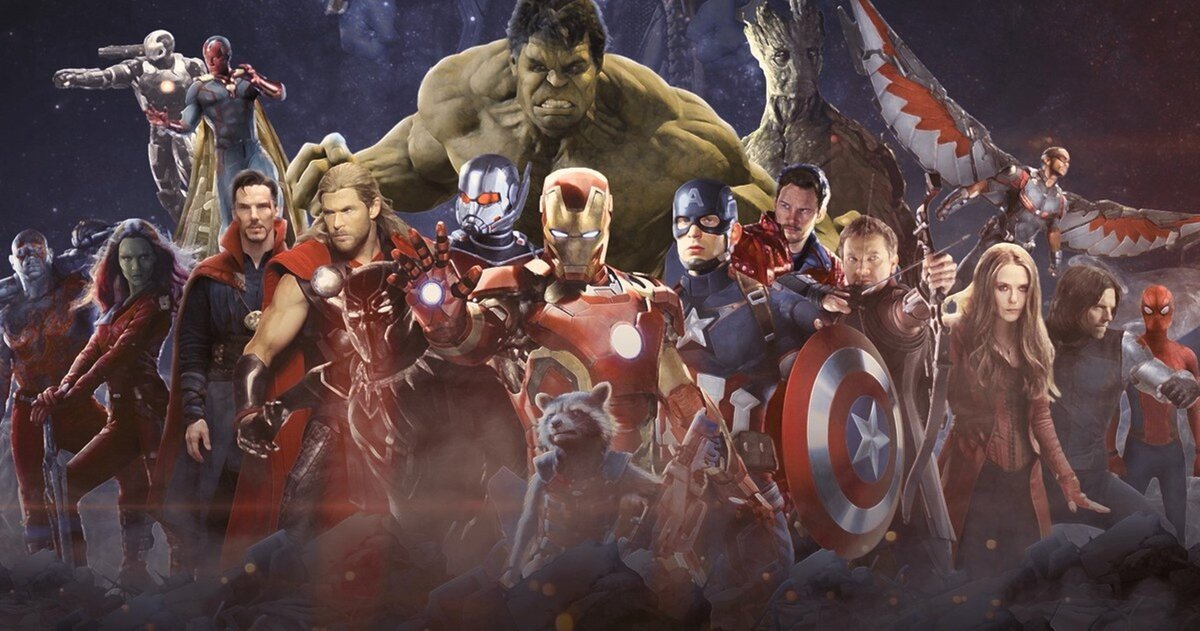A Revolutionary Theory of Time in the MCU: The MCU's new concept of chronology offers a solution to the long-standing problems of inconsistencies in the Marvel world

The Marvel film universe could function on a "rolling chronology," which would introduce flexibility to the timeline and allow characters to remain modern and relevant no matter how long ago their stories were created.
Here's What We Know
This "sliding" approach will not only help resolve chronology issues in previous phases of the MCU, but will also create a new perspective on future stories and characters.
While the Marvel Cinematic Universe is undoubtedly the most successful and elaborate film universe, with each film and series existing in the same context and characters moving from one work to the next, however, even Marvel themselves don't always do a good job of tying everything together.
The problem manifested itself in Phase 4 because of the sheer number of different films and TV series. It became difficult for even the studio itself to keep track of where certain events were in the overall timeline.
In fact, even a few showrunners have admitted that it's not at all clear to them how their story fits into the overall narrative line of the MCU. Not surprisingly, Marvel plans to release an official MCU timeline to try and sort out these issues.
The use of a rolling chronology could make it much easier to interpret events even before the official chronology is released, especially in Phases 2 and 3 where the first controversies arose.
It is important to note that under the new concept of time, some key events, such as Tony Stark becoming Iron Man, remain fundamental and fixed in the timeline. However, minor events can move freely through time to maintain logic and consistency in the story.
This means that there are two levels of events in this system:
- Primary fixed events, which have a significant impact on the main MCU plotline and are not subject to any temporal shift.
- Secondary events, which are changeable and can be tweaked to the fundamentals.
In the MCU, it is not difficult to identify major events in the timeline, such as Tony Stark becoming Iron Man, the Chitauri invasion of New York City in The Avengers, Thanos' snap in Avengers: Infinity War, and the Avengers' successful attempt to restore half the universe in Avengers: Endgame.
On top of that, the sliding chronology will allow Marvel to avoid relaunches. This means that Spider-Man's origin story in 1963 has been revised and updated as modern events unfold, which explains why Peter Parker isn't 60 years old. But, the comics do mention historical events. There's no way to change the dates of World War II, which is why, for example, Captain America's personal timeline was simply adapted so that he spent more time on ice.
Source: Screenrant